A worsening famine has spread to two regions in Sudan, affecting hundreds of thousands of civilians, as a paramilitary group accused of past genocide now controls El Fasher, leaving 200,000 people trapped and fearing mass killings. The famine is a direct result of the ongoing conflict in the Darfur region, where the Rapid Support Forces, a group backed by the Sudanese government, has been battling the Sudan Liberation Movement.
According to the United Nations, the famine has already claimed the lives of thousands of people, with many more at risk of starvation. The situation in El Fasher, the capital of North Darfur state, has become increasingly dire, with reports of mass killings and human rights abuses. The Rapid Support Forces, accused of past genocide, have been accused of targeting civilians and committing atrocities in the region.
The situation in Darfur has been exacerbated by the ongoing conflict, which has led to a severe shortage of food and aid. The Sudan Liberation Movement, which has been fighting against the Sudanese government, has accused the Rapid Support Forces of blocking aid deliveries and preventing civilians from accessing basic necessities. "The situation in Darfur is catastrophic," said a spokesperson for the Sudan Liberation Movement. "The Rapid Support Forces are committing atrocities and blocking aid deliveries, leaving civilians to suffer."
The conflict in Darfur has a long and complex history, dating back to 2003 when the Sudan Liberation Movement first rose up against the Sudanese government. The conflict has resulted in the deaths of hundreds of thousands of people and the displacement of millions more. The situation in Darfur has been exacerbated by the ongoing conflict in neighboring South Sudan, which has led to a massive influx of refugees into the region.
The international community has been criticized for its slow response to the crisis in Darfur. The United Nations has called for an immediate ceasefire and the deployment of peacekeeping forces to the region. However, the Sudanese government has refused to accept foreign intervention, citing concerns over sovereignty.
The situation in Darfur remains dire, with thousands of people at risk of starvation and mass killings. The international community must act quickly to address the crisis and prevent further atrocities. "The world cannot afford to wait," said a spokesperson for the United Nations. "We must act now to prevent a humanitarian disaster in Darfur."
In recent days, the Rapid Support Forces have been accused of committing further atrocities in the region, including the killing of civilians and the destruction of aid convoys. The situation in Darfur remains volatile, with the risk of further violence and mass killings remaining high. The international community must continue to pressure the Sudanese government to accept foreign intervention and to address the humanitarian crisis in the region.
The United Nations has called for an emergency meeting to discuss the crisis in Darfur and to coordinate a response. The meeting is expected to take place in the coming days, with representatives from the Sudanese government, the Rapid Support Forces, and the international community in attendance. The outcome of the meeting remains uncertain, but one thing is clear: the situation in Darfur requires immediate attention and action.
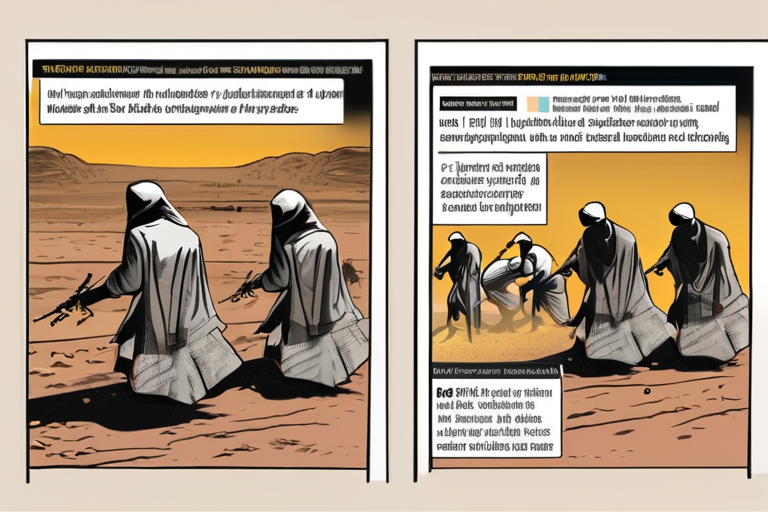


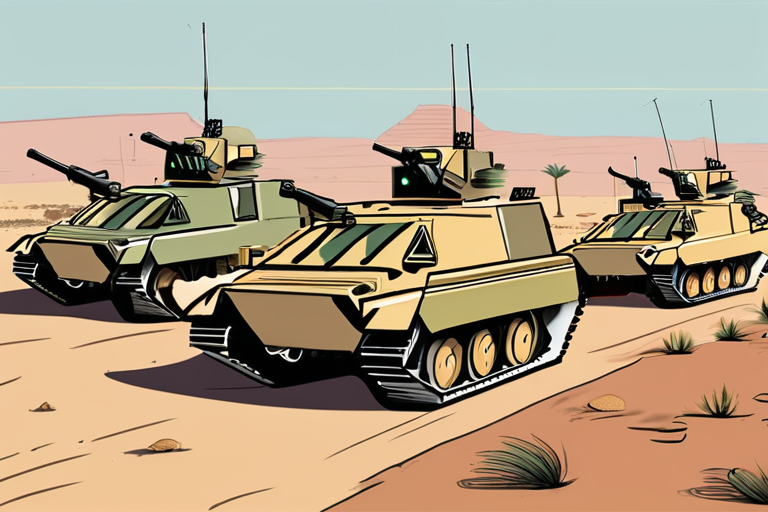
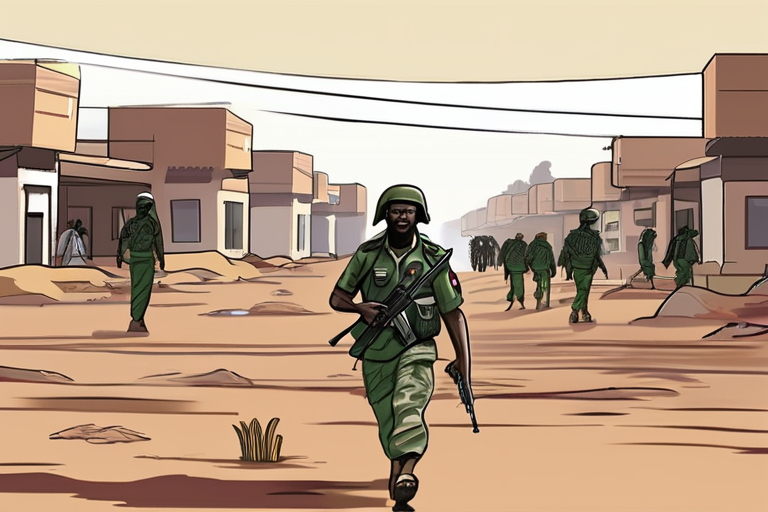

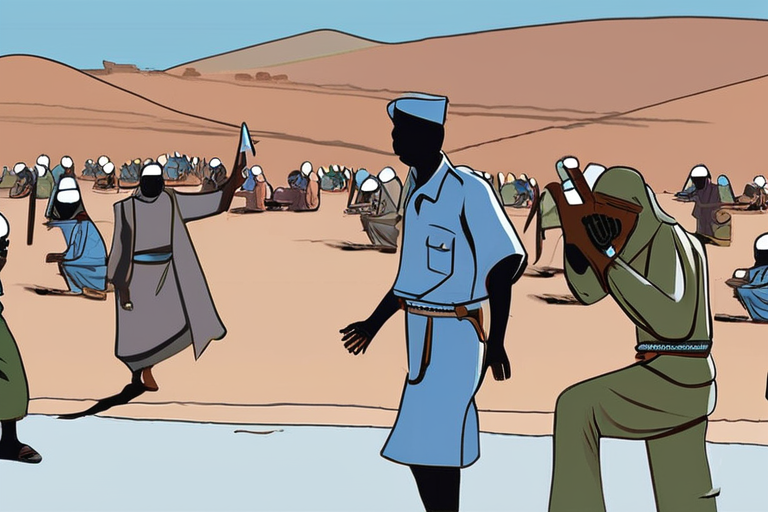
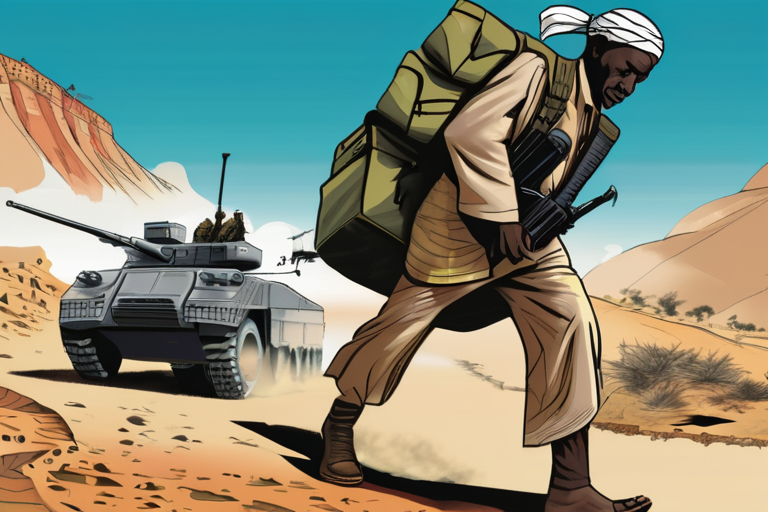
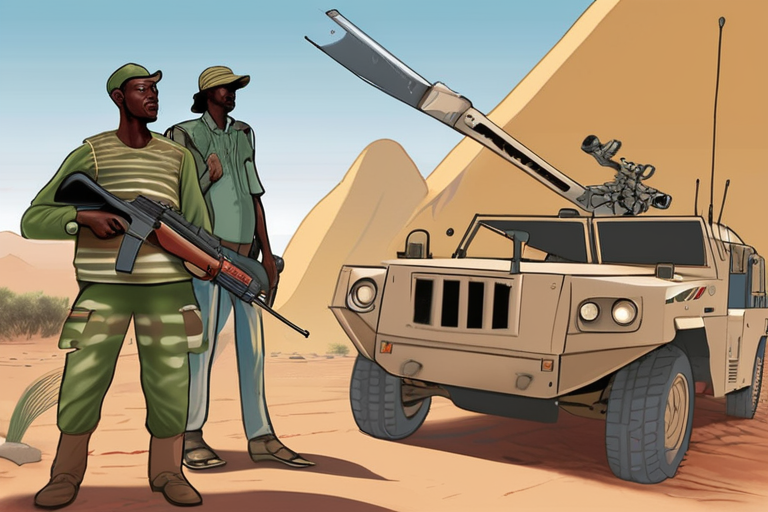
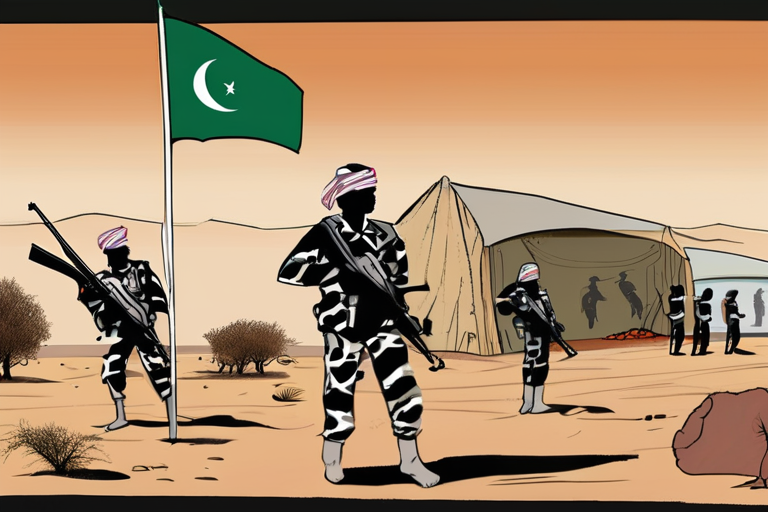
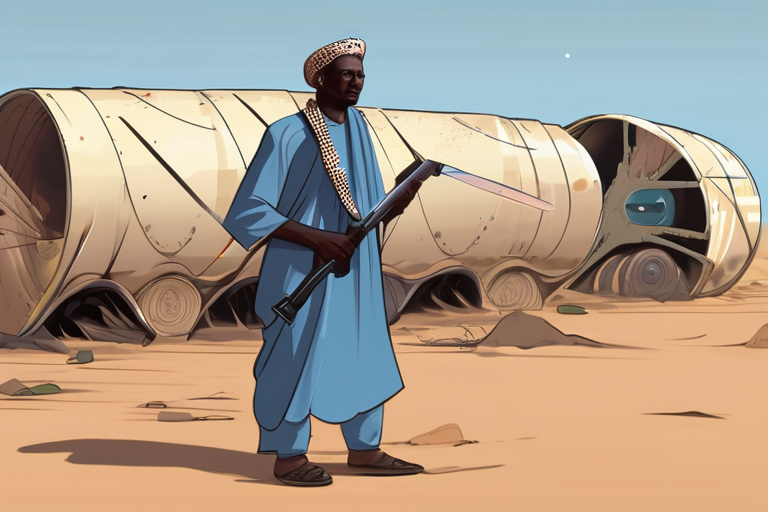
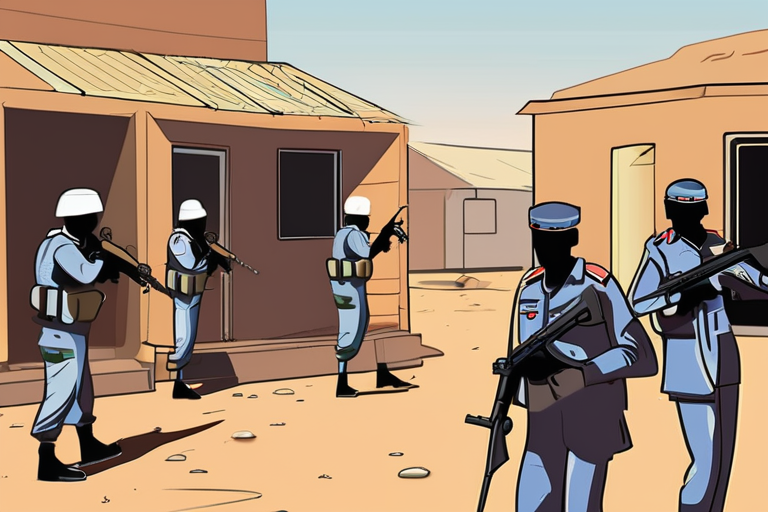
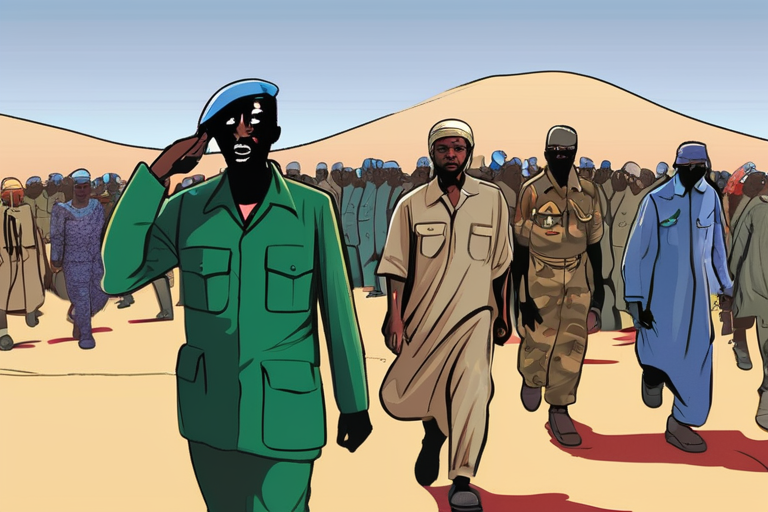
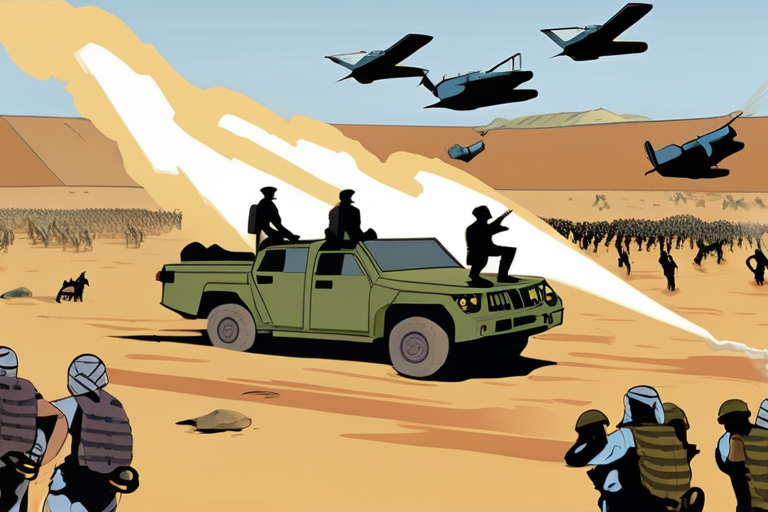
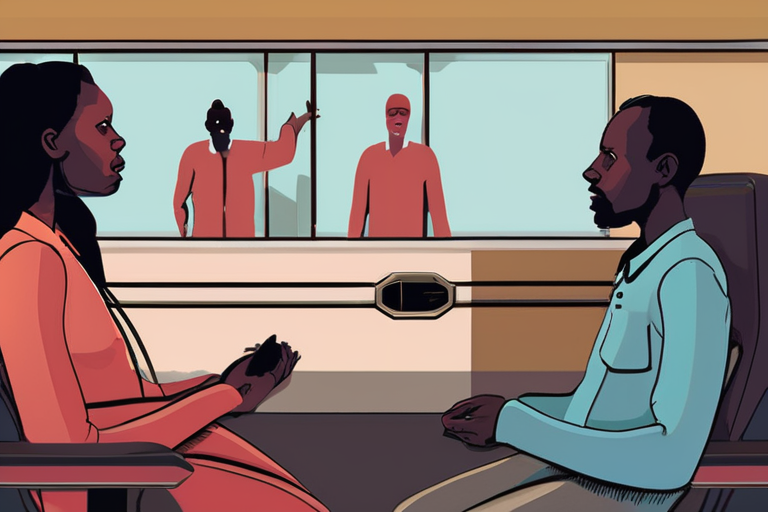
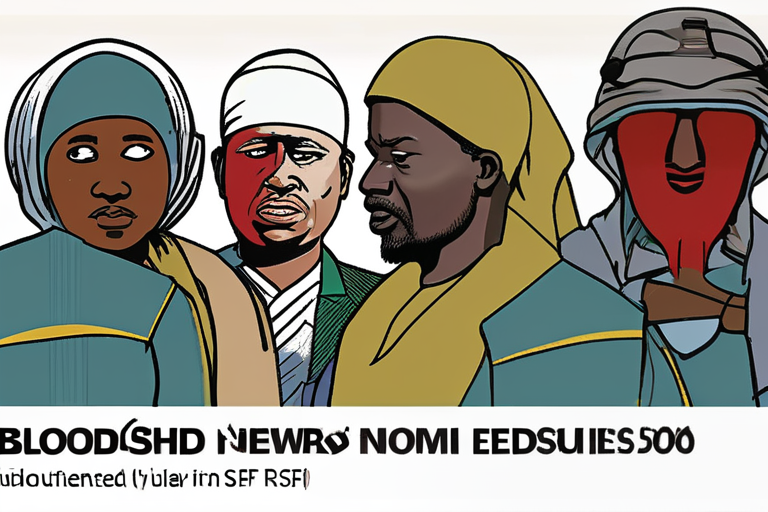
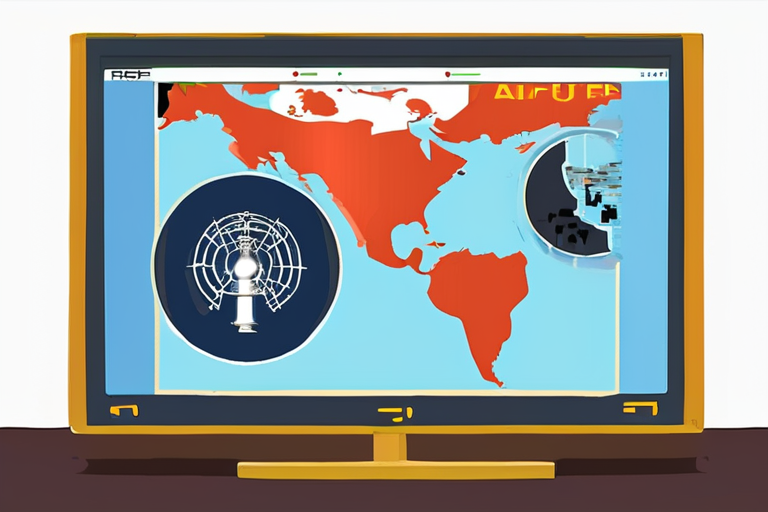
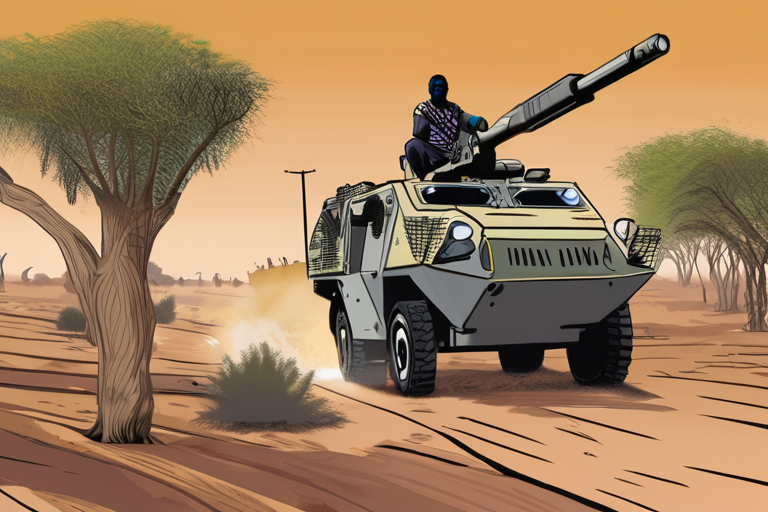
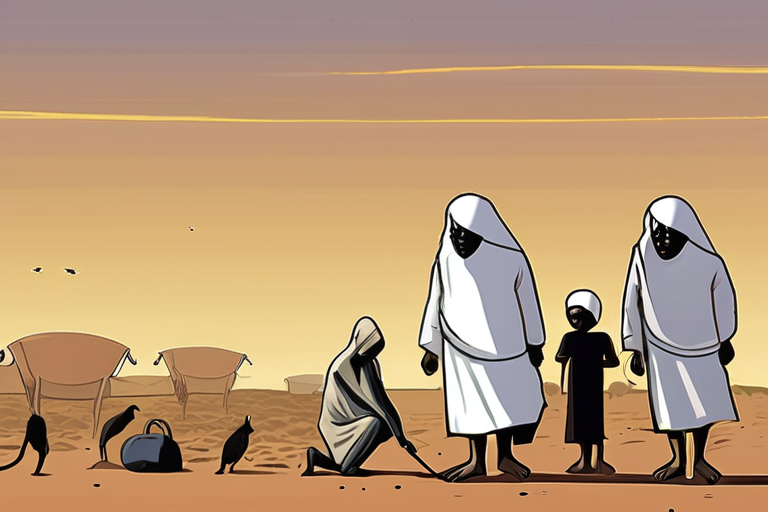
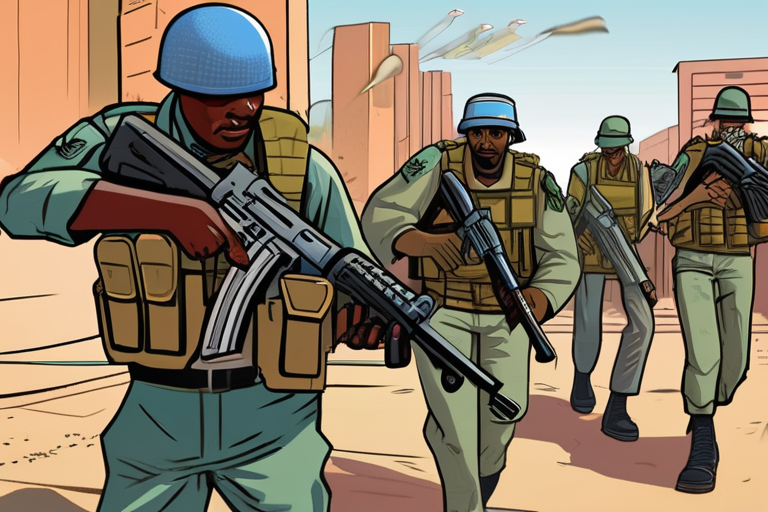
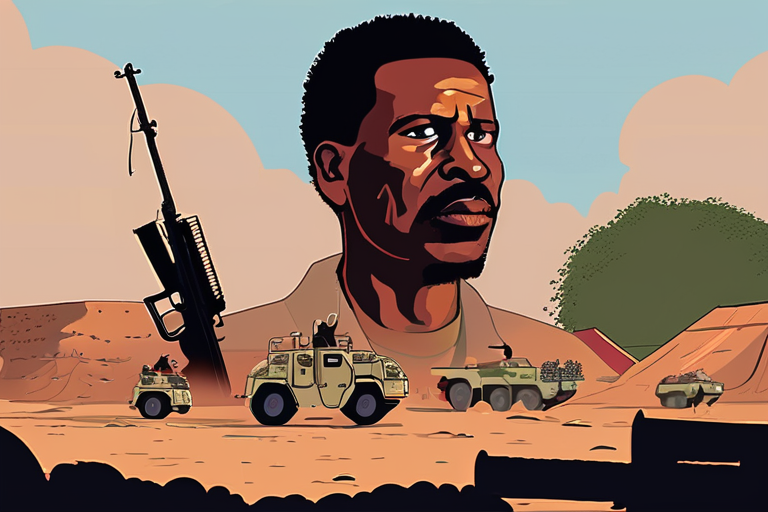
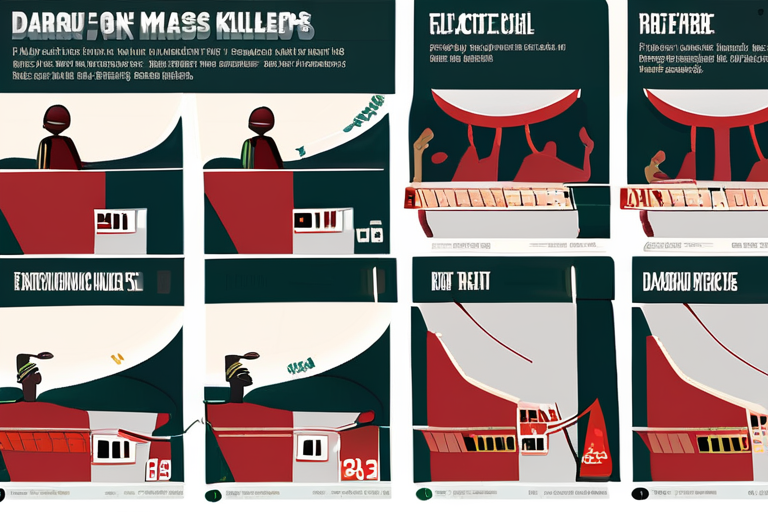
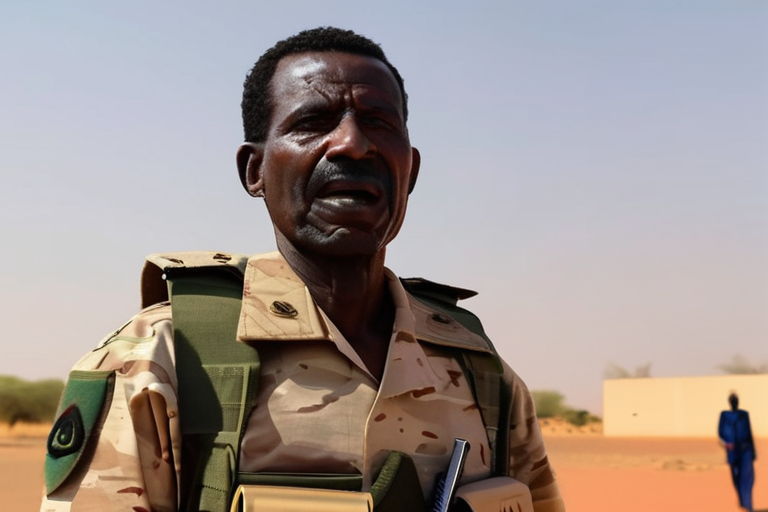
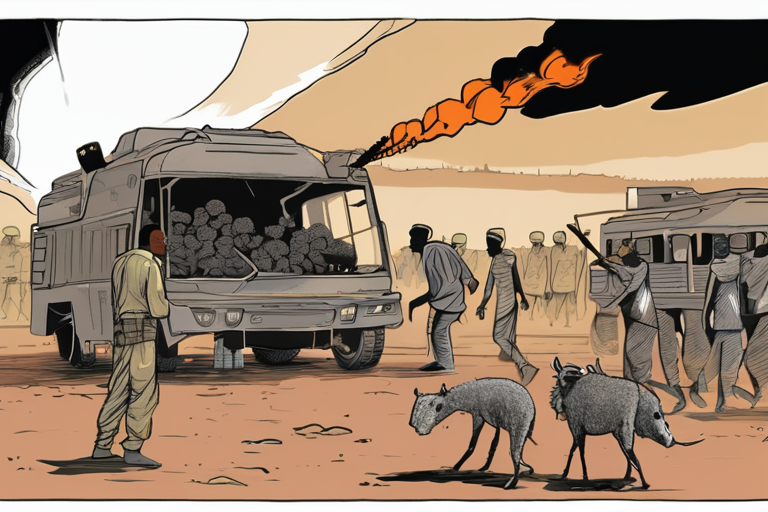
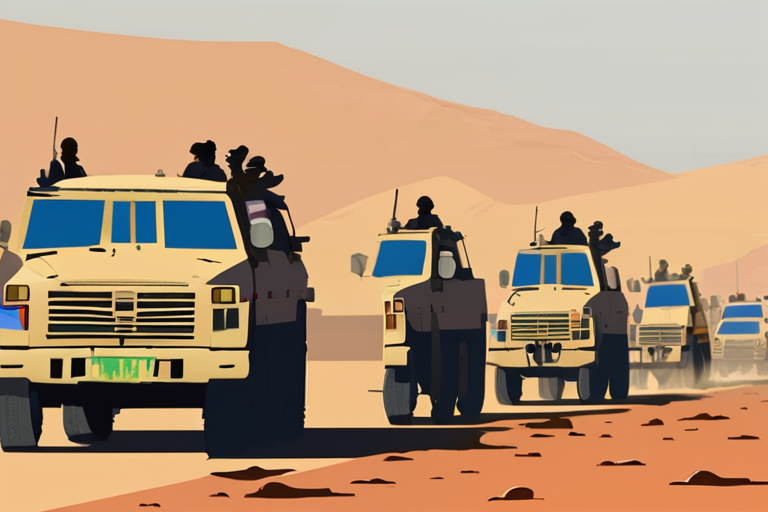
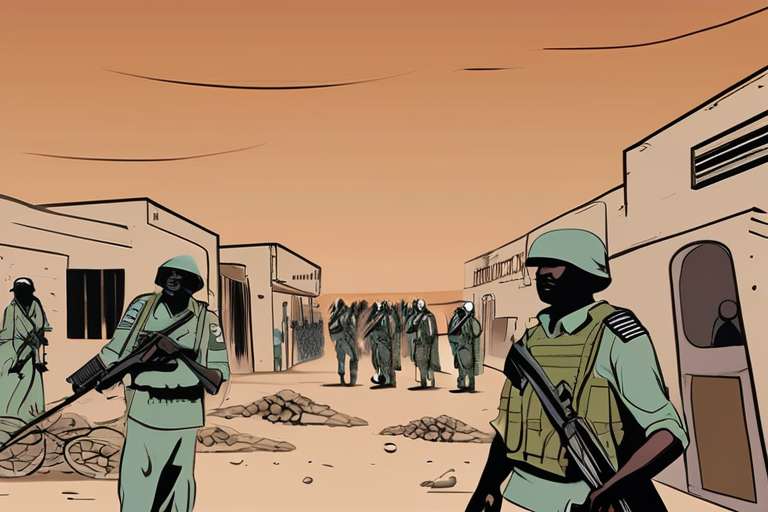
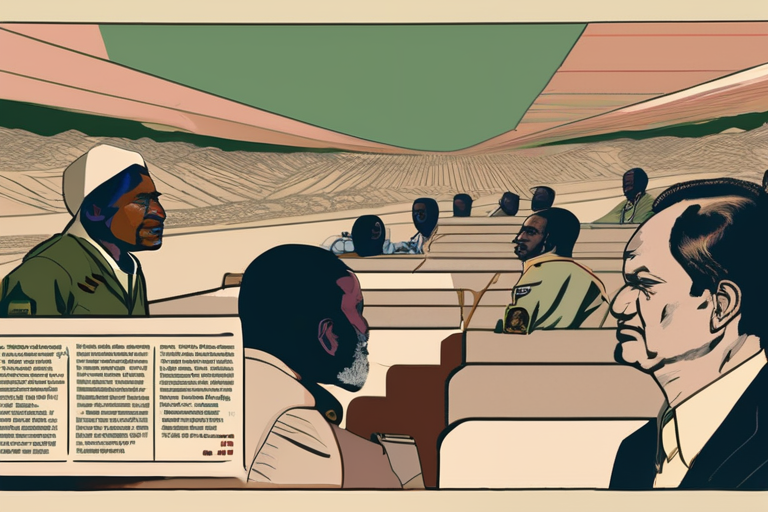
Share & Engage Share
Share this article